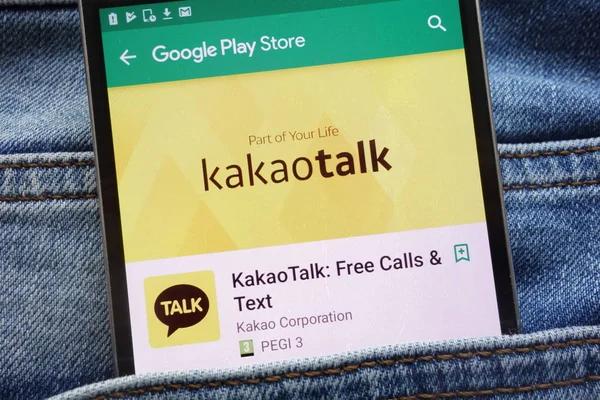In the evolving landscape of Microsoft’s operating systems, understanding the difference between a Windows 11 key and a digital license is crucial for users seeking to activate their software legitimately. Both serve the purpose of validating your copy of Windows 11, but they differ significantly in how they function and are managed.
A Windows 11 product key is a unique alphanumeric code typically consisting of 25 characters. This key acts as a proof of purchase and grants you access to activate your Windows installation. Traditionally, product keys were included with physical copies of Windows or provided via email when purchasing digital versions. Users manually enter this key during installation or after installing the OS to verify that their copy is genuine. The advantage of using a product key lies in its portability; it can be transferred from one device to another, provided that it complies with Microsoft’s licensing terms-such as being retail rather than OEM (Original Equipment Manufacturer). However, managing these keys can sometimes be cumbersome since losing them might complicate reactivation.
On the other hand, a digital license (also known as a digital entitlement) represents an activation method introduced by Microsoft starting with Windows 10 and continuing into windows 11 key. Instead of requiring users to input a physical or emailed code, activation occurs automatically once Microsoft’s servers recognize your hardware configuration linked to your Microsoft account or device ID. This means if you reinstall or upgrade your system on the same hardware, you don’t need to re-enter any keys-the activation happens seamlessly online based on previously stored information.
One major benefit of digital licenses is convenience; users no longer need to keep track of lengthy codes or worry about misplacing them. Additionally, it reduces fraud risks since the license ties directly to specific hardware configurations rather than transferable codes that could be shared improperly. However, this also means that significant hardware changes-like replacing motherboards-might invalidate the existing license unless properly linked through your Microsoft account.
Understanding whether your version uses a product key or digital license often depends on how you acquired Windows 11. Retail purchases generally come with product keys allowing more flexibility in transferring licenses between devices within Microsoft’s guidelines. Pre-installed versions on new computers usually rely on OEM licenses tied closely to that particular machine’s hardware and may use either method depending on manufacturer practices.
In summary, while both methods achieve legitimate activation for Windows 11 installations, product keys offer manual control over licensing transfers at the cost of potential inconvenience in management. Digital licenses provide streamlined automatic activation tailored for modern usage patterns but require careful handling when upgrading significant components or changing devices entirely. Recognizing these differences helps users make informed decisions regarding upgrades and activations in today’s increasingly digitized environment where ease-of-use often balances against traditional ownership models.



